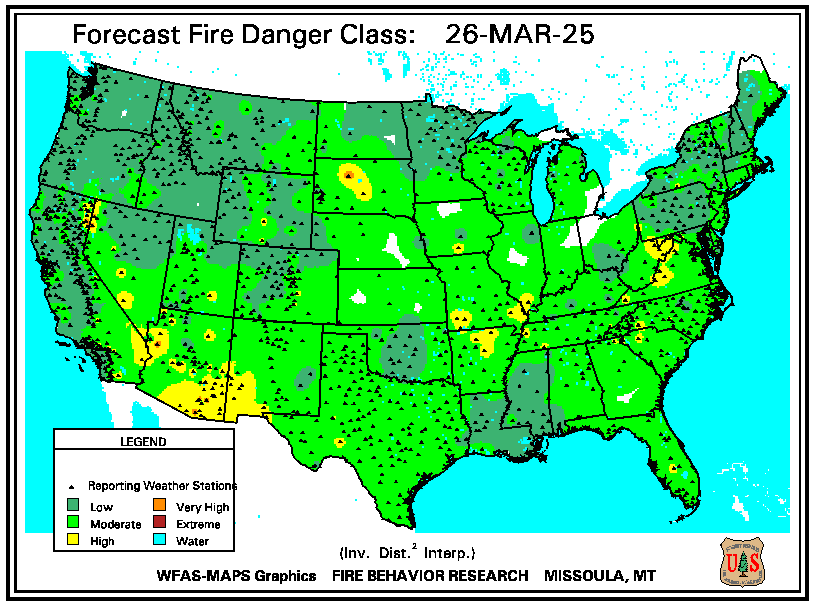From a long piece by Jocelyn C. Zuckerman in the American Prospect:
The region’s game birds are in serious trouble. Driving across South Dakota the following afternoon with the radio on, I learned that Governor Dennis Daugaard had just announced an emergency pheasant-habitat summit. Last summer, the state’s Department of Game, Fish and Parks recorded a 64 percent decline in the number of pheasant broods from the already record low levels of 2012. Though a rainy nesting season and an early fall blizzard hadn’t helped matters, the region’s problems involve more than inclement weather—and extend far beyond the birds. Unfortunately, once the prairies—composed of some 200 types of grasses, forbs, and sedges—have been destroyed, they are virtually impossible to bring back. [Zuckerman, Plowed Under]Bryan Horwath writes in the Aberdeen American News:
Representatives from rail giants BNSF and Canadian Pacific, both of which move products in South Dakota, have said the backlog for agribusiness-related shipments has less to do with a competition between energy and ag interests and more to do with a harsh winter and general congestion along rail lines, including a big backup in Chicago. A farm manager in Pierre, Pat Tracy reported during the news conference that about 11 million bushels of grain are backlogged in his area. [Horwath, Area growers: Railroads favor oil over ag]
Feds say oil trains should have two-man crews http://t.co/4vp1tEqy8h #mtnews
— Great Falls Tribune (@GFTribune) April 9, 2014
Nick Smith from the Bismarck Tribune:
Some western North Dakota Democrats think the oil patch region may be approaching a tipping point in which they could make inroads into the Legislature. LuAnn Casler said the state should have spaced out the pace of drilling in the oil patch from the onset for infrastructure to keep pace with record oil production and build out of the communities in the region. The current balance has approximately 75 percent of gross production tax money going back to the state and 25 percent to the oil patch counties. [Smith, West reaching tipping point]
Earth Team volunteers help NRCS help the land, via NRCS Tumblr http://t.co/oNKyyy9LoN pic.twitter.com/P3nt6qypif
— USDA NRCS (@USDA_NRCS) April 9, 2014
As the Bakken oil fields are booming, wildlife researchers look at the effects of energy development on mule deer. http://t.co/lNEXE1Lttx
— Montana FWP (@MontanaFWP) April 9, 2014

It's obvious. The Missouri River dams are little more than sediment traps. Any school boy who's played outside after a rain making small dams in the wake of street or alley run off knows this. The dams were a dumb idea then and a dumber idea now. We have technology to produce electricity from flowing rivers so but the Lewis and Clark dam should be removed. Keep the L&C dam as testament to the folly of dams and to keep the southern fish farmer hicks carp from infesting the upper Missouri.
ReplyDeleteSecond obvious truth - we don't need all this damn corn. It's been sitting around beginning to mold and rot for going on 6 months. Only hypocrites love this nonsense where the government pays incentives to grow more corn that no one wants or can move.